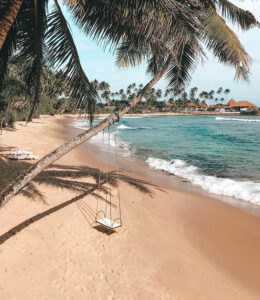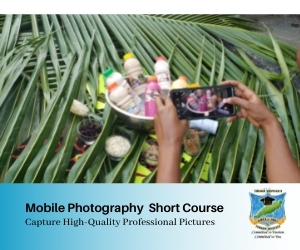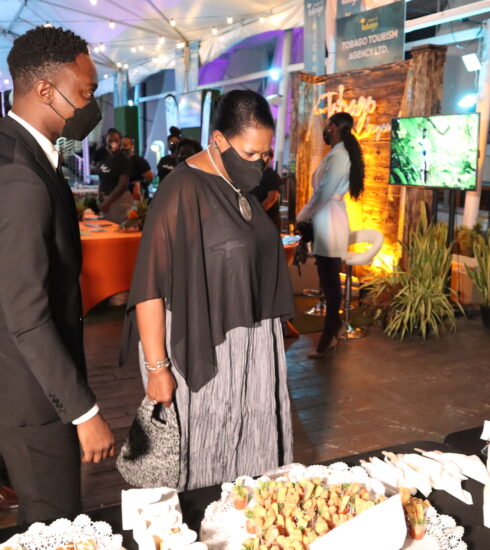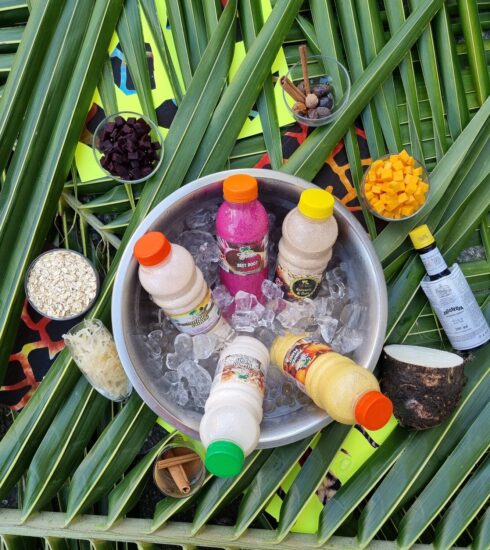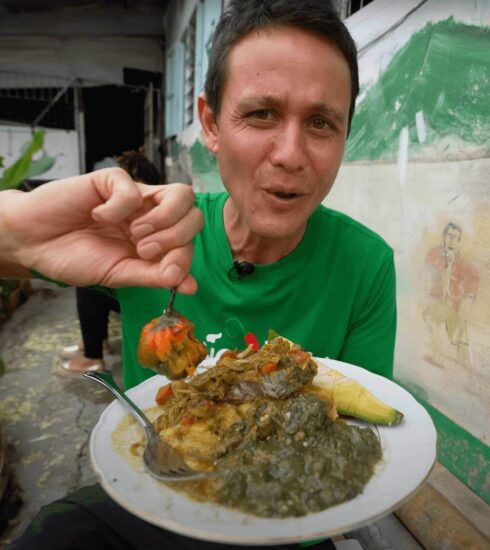24 Years of Hospitality and Tourism Service and Excellence
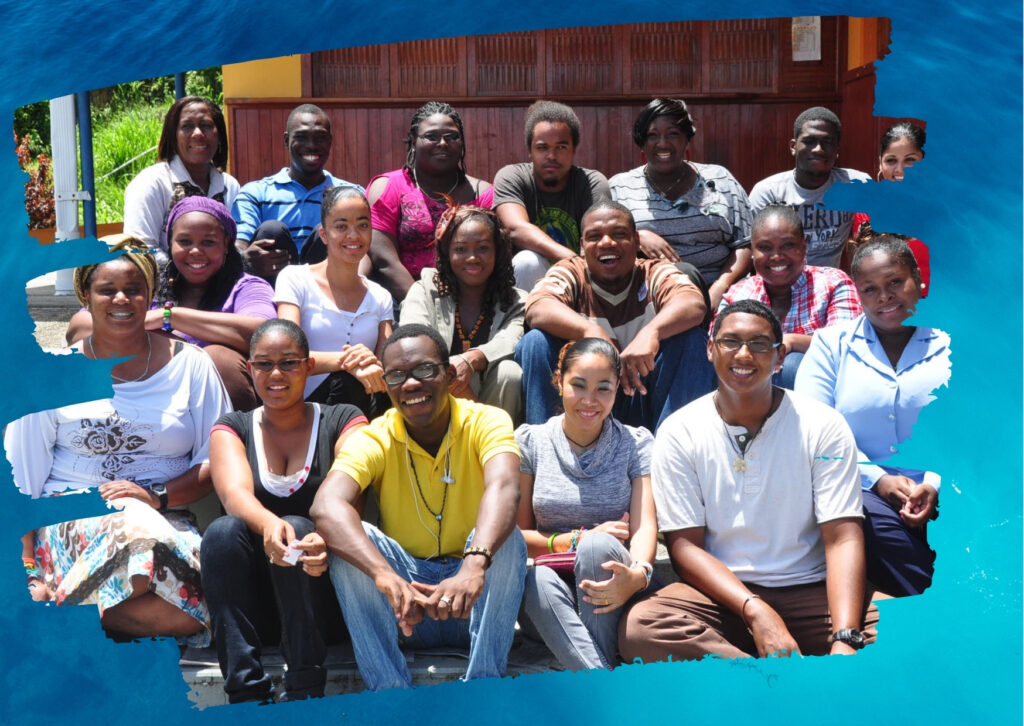
Twenty-four years passed in a moment. Twenty – four years to date, the Tobago Hospitality and Tourism Institute began its journey in Tobago, with the vision of becoming an international and service-driven centre for learning and development. The goal – to address the human resources needs of the hospitality and tourism sector whilst developing the communities of Tobago.
To celebrate our 24 years— we share a sampling of stories about the camaraderie and commitment during the early years of the Institute and honour those, whose contribution has transformed their lives and communities by joining the THTI family.
While some have moved on, we salute and recognise all who have come through our doors and wish the Tobago Hospitality and Tourism Institute a Happy 24th Anniversary. Through our people, we continue to be #THTIProud.
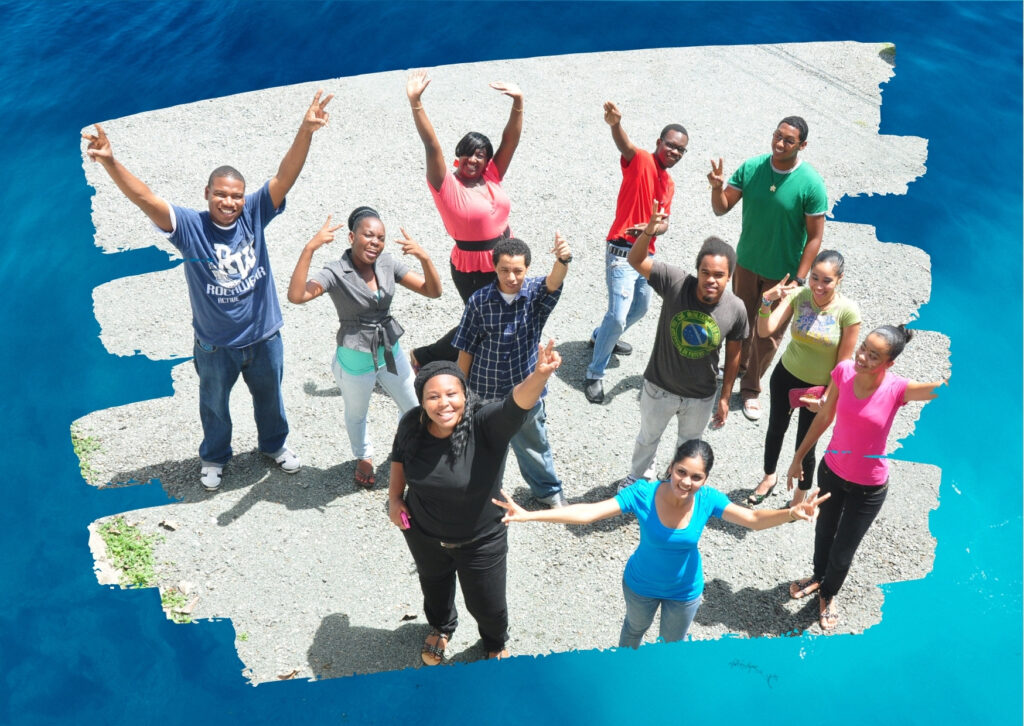
Sandra Daniel – Transforming Lives Through Education and a Commitment to Community
Sandra Daniel is currently Executive Assistant to the CEO. She started her journey with the Institute in 1998 as a receptionist.

“There were numerous events, celebrations and activities for students, alumni, faculty, staff and the community to participate in during the early years of the Institute.

The idea of hospitality and tourism studies was not the first choice for most primary and secondary school students – when asked what they wanted to become; they were more likely to say “doctor or lawyer”. With this in mind, we created the “Return to Paradise” event.
The Institute created this event to prompt young minds into thinking – when you grow up, what do you want to become? Starting from primary school students to the general public, we wanted to expand their horizons and demonstrate many career options in the Hospitality and Tourism industry.
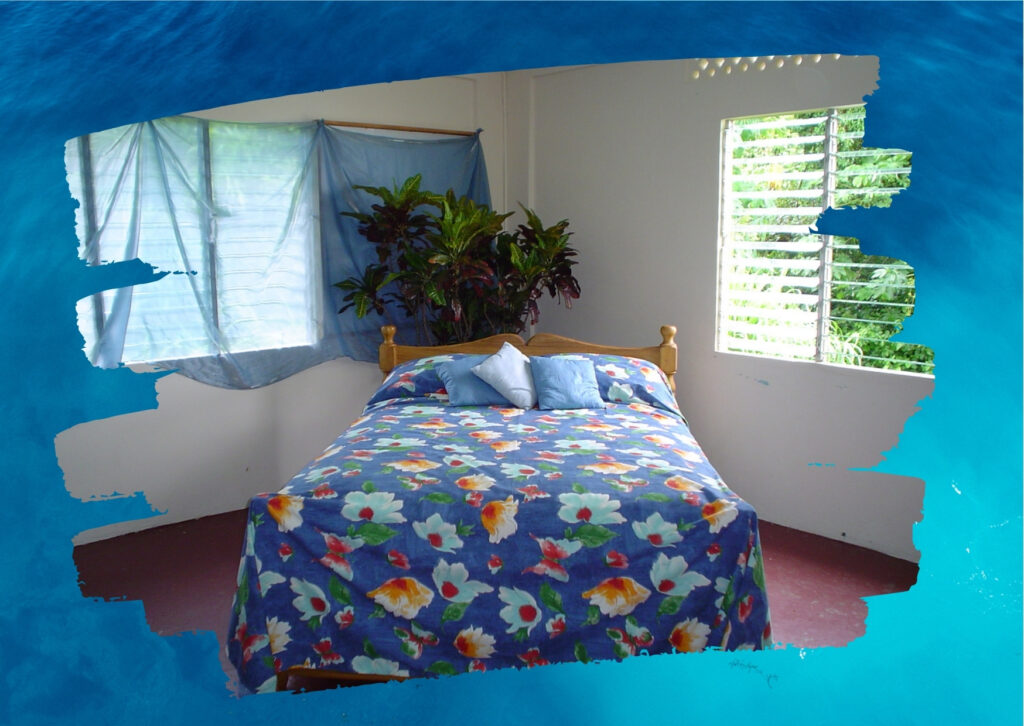
By collaborating with various department teams and businesses, we provided students and parents views of the possibilities of the hospitality and tourism sector. As a result, guests experienced a complete hotel from the moment they entered the Institute. The campus came alive as a fully functioning five–star hotel, including a front office, sales, restaurant, spa, and boutique shops.

In the early years, the Institute also began moving beyond formal school events. We hosted many functions outside of campus. One such event was a brunch hosted by the THA Chief Secretary Orville London at the official residence in Lowlands, where we prepared traditional meals for sale. This event also allowed us to engage with the community, and in turn, they got to experience the culinary skills of our instructors and students.

In 1999, we hosted THTI Food Explosion. This event welcomed the public onto the campus. We installed tents in a courtyard setting in the parking lot where we sold all different kinds of local foods. We also provided booths for individuals and businesses where they sold their products.
While these were just a few events out of many, the Institute would not be where it is today without the staff and community’s support.
Working together positively impacted the development of the tourism and hospitality sector and initially grounded our plan to help develop Tobago.
Errol Thomas – Grounded in Purpose and Service
Errol Thomas is a founding member of the Tobago Hospitality and Tourism Institute. As a Food and Beverage Consultant, Errol recalls some of his fondest memories at THTI.
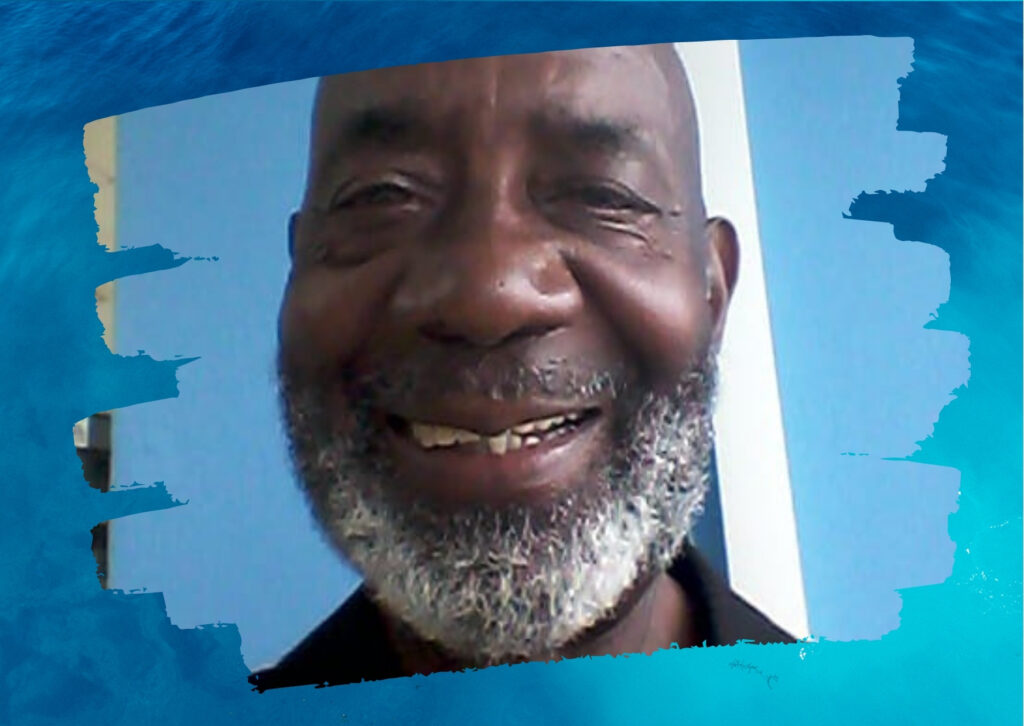
“The school opened under the direction of Mrs Agnes Webbe. It wasn’t a grand opening because we were not working with a significant budget at the time. However, every founding member saw the vision and worked hard to achieve it. We were committed to making the school a success.
As instructors, we knew what we want to achieve. So we rolled up our sleeves and headed out as the THTI Caravan visiting communities all over Tobago.
From conferences to community centres, we went wherever we could to sell the programmes offered by the Institute. We started from Charlotteville to Scarborough, Scarborough to Moriah. At the beginning of the first semester, we secured 40-50 students. At the end of the year, we enrolled 113 students.
The Institute offered Associate degrees in Tourism Management, Culinary Arts, Certificate programmes in Front Office and Travel Agency, Accommodation Management, Food Theory and Preparation, Food and Beverage, Computer Proficiency and Languages (German and French). Each member of the faculty had a vested interest in the Institute. The first instructors created the course outlines and did the work to prepare for the Institute’s first students.
Students were on campus three days a week and spent two days doing on-the-job training at Tobago hotels, restaurants and tour operators.
It was a different environment than one would expect. Our first students used the Auditorium as the classroom. Occasionally, we conducted classes under the big tree that still stands today.

Although space was very tight, we managed with two classrooms and worked around our campus. Our first official office was the security office, and the faculty also utilised part of the Auditorium. We even worked around a dining room table at one time. Despite the challenges, we were determined to succeed because our purpose was meaningful.
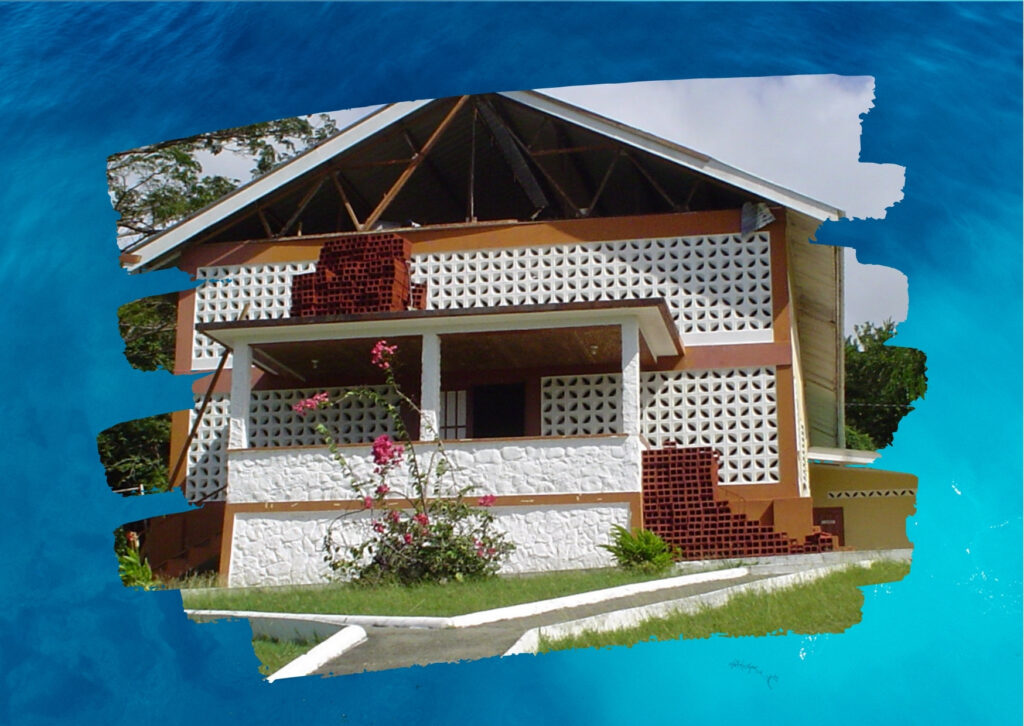
Some of my fondest memories happened at our first event held on December 4, 1998, called “Earthy Tobago”. We sold tickets to raise funds for the school and involved all the different departments.
As a result, Tobagonians experienced the culinary skills of the ‘hotel school’ as Tobagonians fondly called the Institute. The event was simple, rustic, family-oriented and entertaining.
Another was the internship training at Assiniboine College, Canada. I was the Faculty Coordinator sent to sell the programme to the Canadians, and a few months after, we launched the Student Exchange project. We hosted four exchange students from Canada in January 1998, and with the help of the THA, four students travelled to Manitoba, Canada. We were also delighted to host two instructors from the college.
I had the pleasure of setting up the kitchen, and as the Food and Beverage Instructor, it was a joy to see the kitchen in action.

THTI worked and continues to work closely with and for the hospitality and tourism industry and to develop talent for the stakeholders who need trained workers. I am so proud to have been an instrumental part of the Institute and the opportunity to instruct the first set of students. They all moved on to achieve success.
All are exemplary role models for the hospitality, tourism and business sector.”
Dianne James-Brown – Building Relationships and Lasting Friendships
“I have many good memories from the Institute. I am still here. My lecturers and fellow students became close friends, and we spent and continue to participate in countless pleasant moments at THTI.
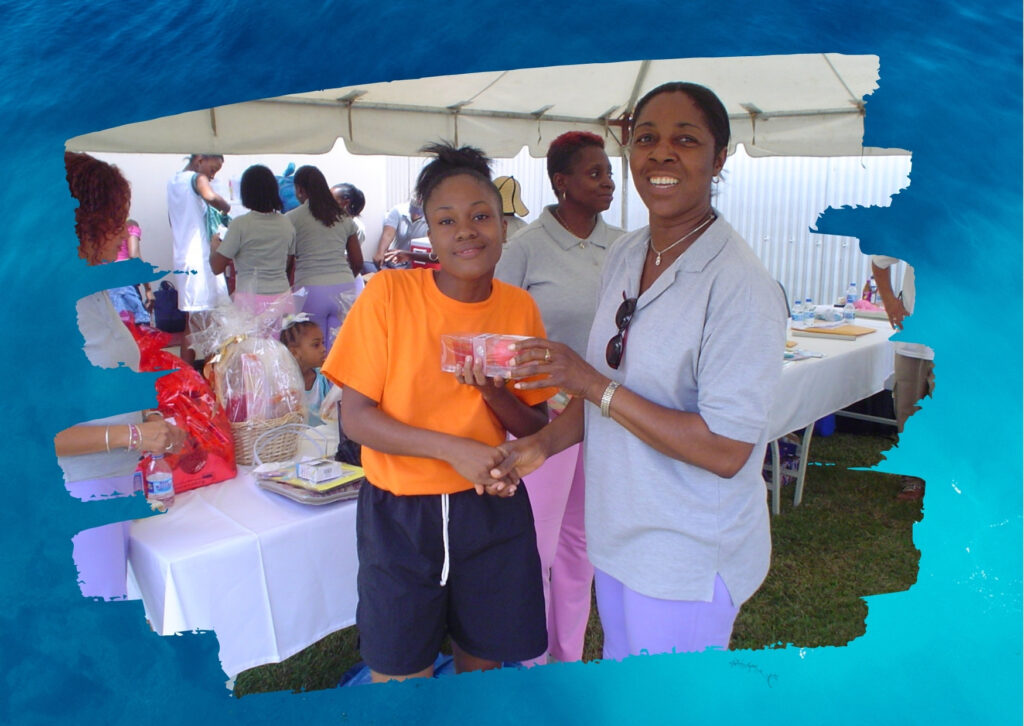
I was part of the first batch of students at the Institute in October 1997, so I was there from the very beginning! Coming from a family that loved cooking, the path naturally led me to enrol in the two-year Associate Degree Programme in Culinary Management. Still, in my second year, I switched to Hospitality and Tourism as I felt the need to explore another area of study.
The campus, located in the beautiful village of Mt. St. George, was not the built-up institution you see today. Instead, the estate was relatively untouched – there were no street lights; it was pitch black at night, no transportation shuttle service and the dirt roads proved a significant challenge for those students who had evening classes without transportation. In addition, there was not a cafeteria, no air conditioning for the classrooms, to name a few.
We commenced classes in the Auditorium as the classrooms were being repaired and outfitted with the required furniture. Being part of the first batch of students at the Institute, I was elated to begin my studies in a school that belonged to Tobago.
Although there were ups and downs in our first year, my fellow students and I saw it as an opportunity to strengthen our bond with each other.
Funding came from the Central Government through Tobago House of Assembly (THA) and the Inter-American Development Bank. The Institute also sourced materials and equipment with funding from Assiniboine Community College, Manitoba, Hocking College-Ohio, Birmingham College – England and Fanshaw College- Ontario.
I will forever be grateful for the opportunity to be one of the Institute’s first exchange students. I embarked on my journey in February 1998 to attend the Assiniboine Community College in Brandon, Manitoba, Canada and completed my internship at the Canadian Pacific, Jasper Park Lodge, Canada. The international exposure, knowledge and experiences gained by the Institute and exchange programme were priceless.
Upon graduating in 1999, I worked briefly as the Food and Beverage Supervisor at Mt Irvine Bay Resort in 2000, then began teaching Food and Beverage, focusing on wine appreciation, bar management, and purchasing at the Institute later on in the year.
Mrs Agnes Webbe was the leader of the Institute, and under her stewardship, we saw exponential growth at the Institute in many areas. Over the years, there were several changes in leadership as the Institute progressed.

In 2006 I left to pursue higher education at the University of the West Indies, St Augustine Campus. I also had my baby girl. After completing my postgraduate studies in Hospitality Management, I began employment with the Ministry of Science and Technology and part-time lecturing at the Trinidad and Tobago Hospitality and Tourism Institute (TTHTI) in Chaguaramas. Later on, I took on the full-time position as lecturer in the Food and Beverage studies for six years up to 2019 when I returned to Tobago and rejoined THTI.

As a Faculty member and alumni of the Tobago Hospitality and Tourism Institute, it is my hope for the Institute to become the leading provider of studies in Culinary, Hospitality and Tourism studies in the Caribbean. With the many global changes and opportunities that present themselves, the Institute can adapt to the global changes and embrace the opportunities to grow exponentially to become the leading Institute in the Caribbean.

I am pleased to be part of this esteemed Institute, and I wish the Tobago Hospitality and Tourism Institute (THTI) a Happy 24th Anniversary and continued success.

Subscribe for more stories ..





